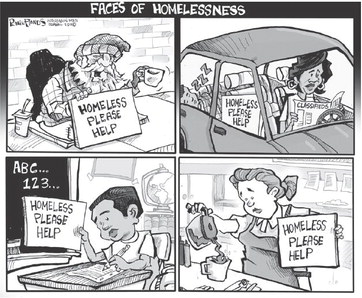Bipartisan support key to finding, creating more stable housing


An estimated 20,000 people — including many children — are homeless in Wisconsin as winter approaches. Living out of cars, in tents or on the street, they need a hand up from ...

